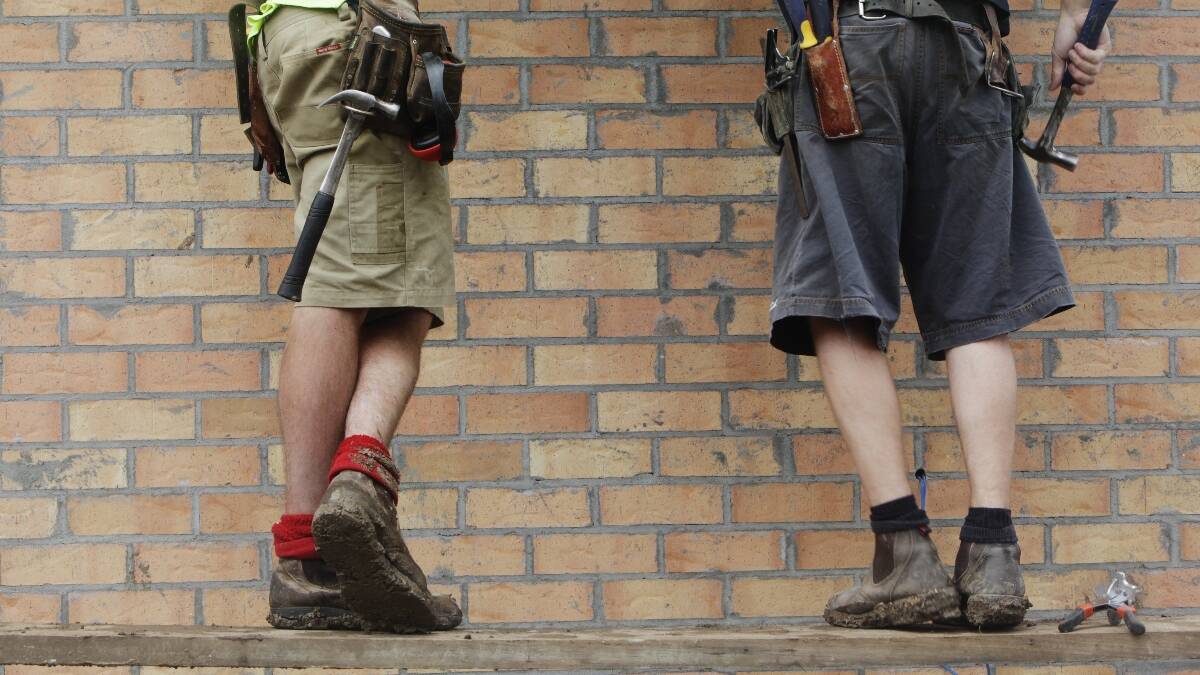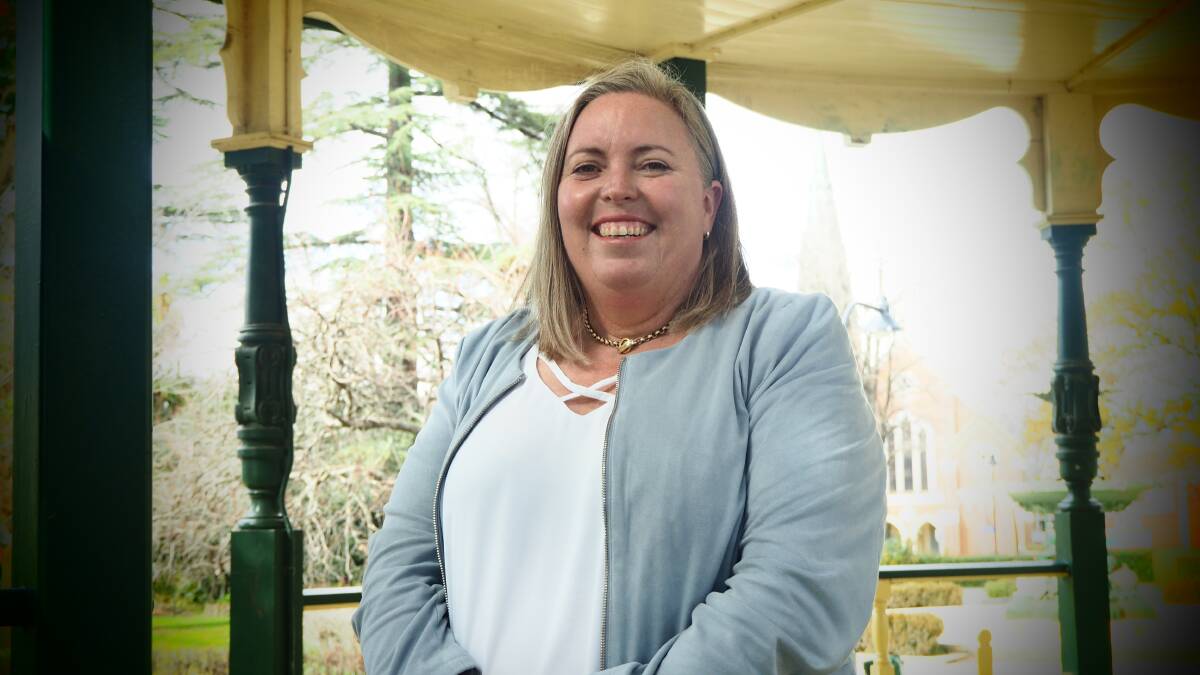
JOB advertisements in the Central West have increased by 16 per cent, with more opportunities now on offer for those looking for work.
Subscribe now for unlimited access.
$0/
(min cost $0)
or signup to continue reading
Seek's month-on-month data for July shows the growth in jobs advertisements was higher in this region compared to the NSW increase of 6.3 per cent.
The main opportunities for job seekers in Bathurst, Dubbo, Lithgow, Mudgee and Orange are: trades and services; healthcare and medical; community services and development; manufacturing; transport and logistics.
READ ALSO: Wage subsidies to be extended into 2021
Business NSW's regional manager for Western NSW, Vicki Seccombe, said there were a range of factors at play with the region's higher number of job ads.
"We've seen an increase in business confidence right across our region, from easing drought conditions and increased agricultural activity; increasing tourism and visitation; COVID restrictions easing; and a pipeline of infrastructure projects," she said.

"All of this leads to businesses feeling confident to plan for the future and employ people.
"Plus, other regions have issues that we don't - we aren't highly affected by the current border issues, our CBDs have returned to some normality and we aren't solely dependent on international tourism like Sydney."
Ms Seccombe said, however, many businesses were just starting to rebuild following the drought and COVID-19 lockdowns.
READ ALSO: NSW $60m boost to fight cyber crime
" Our region has always reported skills shortages before COVID," she said.
"Business NSW's 2019 Workforce Skills Survey reported that almost 60 per cent of Western NSW businesses were experiencing a skills shortage of approximately two full-time-equivalent roles.
"The main reason for the shortage was being unable to find staff with the right skills or knowledge."
"This means shoring up our water security, providing good transport connectivity and strong telecommunications and internet services, and continuing to invest in having services that are the norm for a capital city," she said.
"It's also about changing the narrative and perception that's not all doom and gloom in the regions - we have so much to offer."


